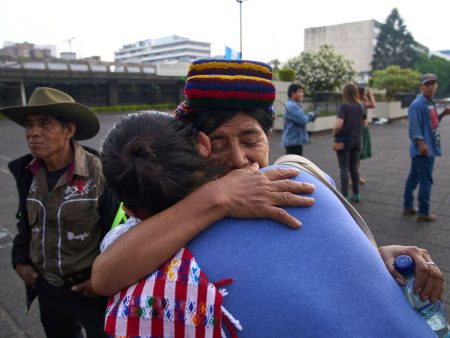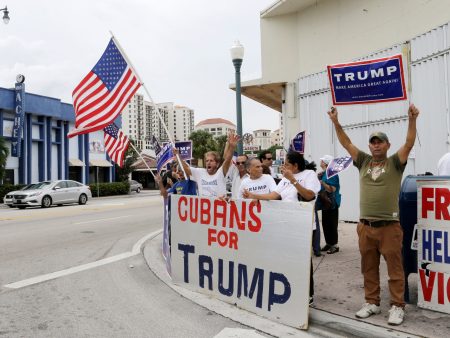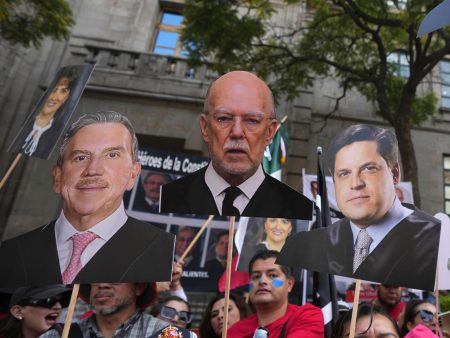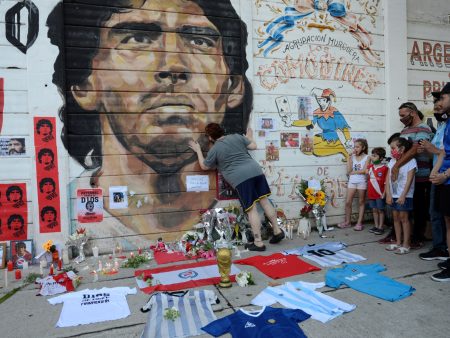The Italian government’s decision to grant Argentinian President Javier Milei and his sister Karina Italian citizenship has ignited a firestorm of controversy in Italy. The expedited process, facilitated by Rome, has drawn sharp criticism, particularly from opposition figures and advocacy groups who view it as a blatant act of preferential treatment, juxtaposed against the arduous and protracted path to citizenship faced by many young Italians. This act has brought to the forefront the ongoing debate surrounding Italy’s stringent citizenship laws, which stand in stark contrast to more lenient policies in other European Union nations. The controversy underscores the growing tension between national identity, immigration policies, and the perception of political favoritism within Italy’s current political climate.
At the heart of the outrage is the perceived double standard inherent in the rapid approval of Milei’s citizenship application. While countless individuals born and raised in Italy, contributing to the nation’s economy and social fabric, endure a decade-long wait and a complex bureaucratic maze to obtain citizenship, Milei, a foreign national, seemingly bypassed these hurdles with remarkable ease. Critics argue that this preferential treatment undermines the very principles of equality and fairness that should underpin any nation’s citizenship laws. The situation highlights the plight of second-generation immigrants in Italy, often referred to as “Italians without citizenship,” who, despite their deep ties to the country, remain legally excluded from full participation in civic life.
The controversy has further intensified due to the close political alignment between Milei and Italian Prime Minister Giorgia Meloni. Both leaders share a right-wing, libertarian ideology, a connection that critics suspect played a significant role in the expedited citizenship process. Meloni’s public displays of support for Milei, including presenting him with a chainsaw – a symbol of his campaign promise to drastically reduce the size of government – have fueled speculation about the political motivations behind the citizenship grant. This perceived favoritism towards a foreign leader, while young Italians struggle for the same recognition, has exacerbated the sense of injustice and discrimination.
The debate surrounding Milei’s citizenship has also reignited calls for reform of Italy’s existing citizenship laws. Organizations like Oxfam Italia have long advocated for a more inclusive and streamlined process, aligning Italy with other EU countries like France and Germany, where the path to citizenship is considerably less arduous. They argue that the current laws perpetuate a system of second-class citizenship, denying many individuals their fundamental rights and contributing to social and economic inequality. However, Meloni’s government has remained steadfast in its opposition to such reforms, further entrenching the divide between those who support a more open approach to citizenship and those who favor stricter controls.
The case of Javier Milei is not an isolated incident. Former Argentinian President Mauricio Macri also held dual Italian citizenship, highlighting a historical precedent for such arrangements. However, the current political context, combined with the perceived preferential treatment afforded to Milei, has amplified the controversy surrounding his acquisition of Italian citizenship. The incident serves as a microcosm of the broader debate on immigration and national identity, raising fundamental questions about who belongs, who is deserving of citizenship, and the criteria by which these decisions are made.
In conclusion, the controversy surrounding Javier Milei’s Italian citizenship is a complex issue with far-reaching implications. It exposes the inherent tensions within Italy’s citizenship laws, the perceived political motivations behind their application, and the broader debate on immigration and national identity. The outrage expressed by critics reflects a growing sense of unease and injustice surrounding the unequal treatment of young Italians and the perceived preferential treatment afforded to foreign leaders based on political alliances. The incident has reignited calls for reform, urging the Italian government to adopt a more inclusive and equitable approach to citizenship, aligning with the practices of other EU nations and addressing the concerns of those who feel marginalized and excluded from the full benefits of Italian citizenship.










